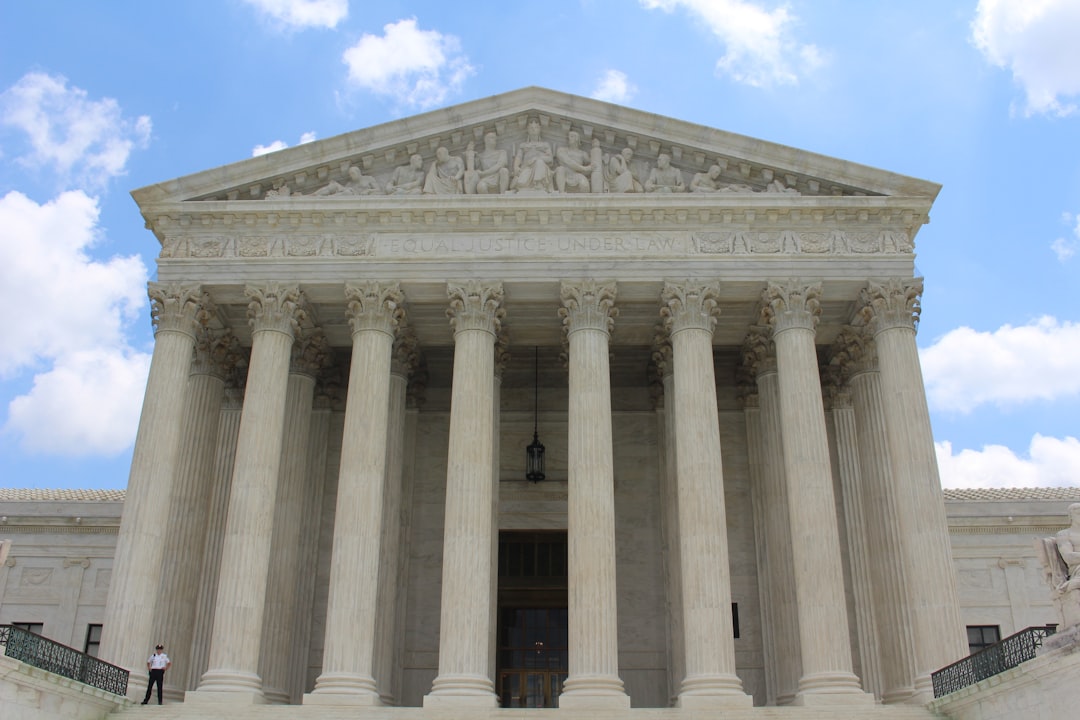When adopting a new technology that is likely to be as disruptive as Big Data, the risks must be identified and ways of managing it found. These approaches involve addressing legal and regulatory issues and risks that involves protecting information among other things. Failure to identify legal and regulatory risks in big data can lead to serious breaches, loss of reputation and loss of business altogether.
According to research conducted by the University of Zurich in Switzerland, it is evident that legal confidentiality can be broken with the help of big data. In their research, they found that participants in legal confidential cases can be identified even if they had been made anonymous. By combining artificial intelligence and big data, hundreds of thousands of public records can be gathered and sophisticated algorithms used to identify how these records are associated with each other.
The advancement in big data analytics, therefore, presents a challenge to confidentiality of information from many fronts. As big data is made up of various large, and complex sets of data originating from various sources or sensors such as transactions carried out over the internet, payments, emails, and other digital interactions, big data analytics can be used to reveal confidential information about an individual. The speed at that algorithms in big data analytics can decrypt such data means that anonymous confidential information about a given person or an entity can be revealed quickly. This is not only threatening to privacy but also is a precedent to the future where anonymization of information can no longer be guaranteed.
In the legal realm, for example, anonymity of witnesses will be under threat as files can be analyzed through big data analytics and the names of witnesses discovered with little effort. Justice will, therefore, be threatened. Although this technology presents an opportunity for easy analysis of legal data such as patents, it can also undermine the work of law as opposed to supporting it. The combination of big data and AI can lead to the breakdown of law because intelligence obtained from analyzed data can be used to make judgments public.
Just like the privacy of an individual’s data can be significantly affected by AI and big data, businesses can also fall victim to confidentiality issues. By using big data and AI, competitors can find out what rivals have been doing in terms of their products or services and apply the same methods to gain a competitive edge. This is tantamount to stealing trade secrets, and threatens fair competition among businesses.
A balance needs to be struck when using big data and AI to analyze data. Although this combination may be threatening to the privacy of individuals, it can also be useful in ensuring specific corporations are transparent.














